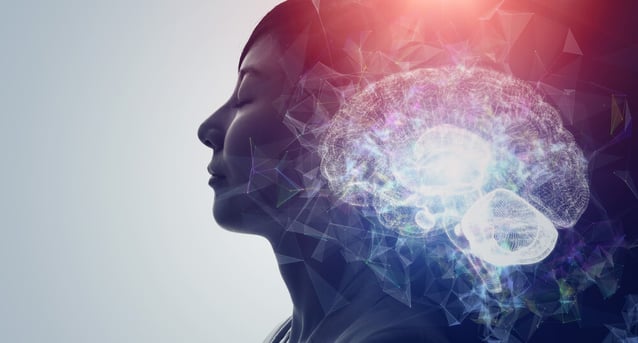
Interpersonal neurobiology (IPNB) seeks to explain how the nervous system and the brain develop. IPNB seeks to explain how the mind, brain, and relationships act together and how they change throughout life. Also known as relational neurobiology, it developed in the 1990s and has gained credence in the following decades.
This post discusses IPNB and its practical implications in managing daily living. It will cover what lessons you can learn through PCC's course and how this knowledge is beneficial.
What Is IPNB?
Interpersonal neurobiology (IPNB), or relational neurobiology, examines practical working models developed from clinical evidence showing the interaction of human development, trauma, and social attachments. IPNB seeks to show how the nervous system impacts and is impacted by human interactions with various personal relationships. In other words, IPNB studies how the mind, brain, and relationships function in combination.
What Is Neuroscience?
Neuroscience, on the other hand, looks at the nervous system differently. Neuroscience refers to the sciences such as neurochemistry and experimental psychology that study the structures of the nervous system and the brain. It also studies how the nervous system and the brain function. As a scientific tool, therefore, neuroscience focuses on the diseases, disorders, and injuries that affect the human nervous system, including the brain. Neuroscience wants to know how the nervous system and the brain develop over time and how they function.
Interpersonal Neurobiology in Applied Settings
IPNB has many practical applications, and therapists use it to help clients understand the following:
- What is happening to them, whether it's work issues, parenting concerns, or in their personal relationships;
- What strategies may help them cope with what is happening to them;
- How to feel better;
- How to heal from trauma;
- How to create and support healthy relationships;
- Why there are challenges in personal relationships or why they face mental challenges.
IPNB nurtures the idea that the interpersonal relationships humans form early in life create the neural pathways and structures in the nervous system and brain that represent their experiences and help individuals form a coherent view of the world. IPNB provides evidence that the brain and nervous system develop and change over a person's lifetime, not just early childhood. To put it another way, IPNB helps you understand how the body codes learning into the brain.
Help Understand Relationships in All Forms
IPNB helps people connect to and adopt new coping strategies for their particular life issues because they better understand how their brains learn. Relational neuroscience impacts professionals working in:
- Marriage and family counselors, including parenting counselors, social workers,
- Teaching,
- Healthcare, including nurses, mental health professionals, addiction counselors,
- Leadership positions, and
- Organizational development.
In addition, business leadership roles today are more fluid than traditional business leadership positions in the past. They require leaders to adopt a team orientation and creative style to meet the needs of today's workforce. It is one of the many relationships IPNB helps to provide a better understanding of, helping people better manage the family, professional, and friend relationships to thrive and survive.
IPNB teaches students about brain structures and how they relate to:
- Perception,
- Memory,
- Attention span,
- Empathy, and
- Self-regulation.
Understanding these gives you tools to be self-aware and able to interpret social interactions better, helping you be more intentional in relationships.
Portland Community College's Course: The Foundations of Interpersonal Neurobiology Certificate
As a student, the Portland Community College course culminating in the Foundations of Interpersonal Neurobiology Certificate provides you with the tools you need to help yourselves and your clients develop a healthy and integrated mind and compassionate interpersonal relationships.
The IPNB program combines the following studies:
- Neuroscience;
- Psychology;
- Complexity Theory;
- Environmental Influences; and
- Relationship studies.
It is a hands-on course that includes dissecting a brain to see the various structures. Students learn to apply the neurobiology principles as a practical matter whether they are an organization leader, a community organizer, or in some other building role.
In addition to the online coursework, this innovative certificate program provides asynchronous classwork at your convenience. You can study the reading materials, take assessments of what you've learned, and interact with other students on the discussion boards. There is a four-day practicum in addition to online study during an in-person immersion weekend that allows you to present your ideas and interact with fellow students.
Take the Next Step
Understanding how IPNB differs from traditional neuroscience requires a study of neurobiology principles. It requires leaders and managers to develop the skills and tools necessary to help the workforce or their client base modify their relationships by adopting the principles of how the mind learns and evolves. Portland Community College can help students achieve their goals.
You may enjoy additional information on non-credit, continuing education courses through Portland Community College. These courses help individual health professionals, those in management roles, and community organization leaders take specialized classes and gain advice for small businesses, entrepreneurs, and trade professionals.



